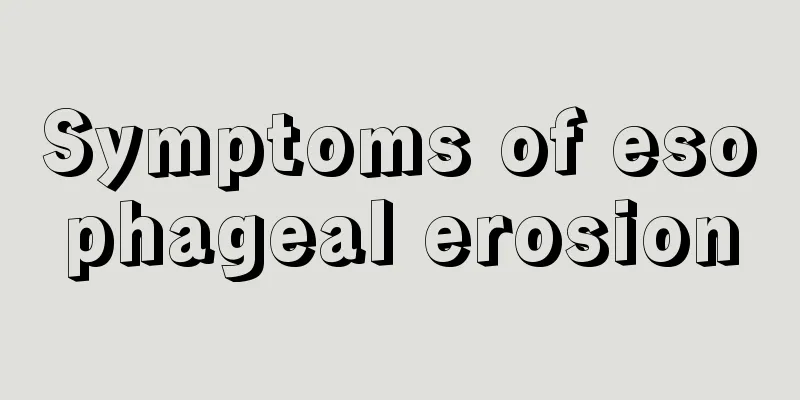What causes throat cancer

|
The occurrence of laryngeal cancer is related to many factors, including heredity, environment, lifestyle, viral infection, etc. Prevention and treatment of laryngeal cancer requires quitting smoking and limiting alcohol consumption, improving eating habits, and regular physical examinations. 1. Genetic factors Some patients with pharyngeal cancer have a family history of pharyngeal cancer, especially those with a history of pharyngeal cancer in their immediate family. The risk of developing the disease is higher. Genetic mutations may cause uncontrolled cell growth and increase the probability of cancer. It is recommended that people with a family history undergo regular throat examinations to detect abnormalities early. 2. Environmental factors Long-term exposure to harmful environments is an important cause of laryngeal cancer. For example, long-term exposure to chemicals such as asbestos and formaldehyde, or living in areas with severe air pollution, may increase the risk of disease. People who are occupationally exposed to dust and smoke need to strengthen protection, wear masks or use air purification equipment. 3. Lifestyle Smoking and alcohol abuse are the main risk factors for throat cancer. The carcinogens in tobacco directly irritate the throat mucosa, and alcohol may enhance the effects of carcinogens. Quitting smoking and limiting alcohol consumption are key measures to prevent throat cancer. At the same time, avoid eating hot or spicy foods to reduce irritation to the throat. 4. Viral infection Human papillomavirus (HPV) infection is closely related to throat cancer, especially HPV 16 and HPV 18. The risk of infection can be reduced by taking the HPV vaccine, paying attention to personal hygiene, and avoiding unsafe sex. 5. Pathological factors Chronic pharyngitis, reflux esophagitis and other diseases that have not been effectively treated for a long time may develop into pharyngeal cancer. Timely treatment of related diseases to prevent the condition from worsening is an important part of preventing pharyngeal cancer. Treatments include: Drug treatment: Use targeted drugs such as cetuximab and chemotherapy drugs such as cisplatin to inhibit the growth of cancer cells. Surgical treatment: Early-stage laryngeal cancer can be treated by surgical removal of the tumor while preserving the laryngeal function; advanced-stage patients may require a total laryngectomy. Radiation therapy: Uses high-energy rays to kill cancer cells. It is suitable for patients who cannot undergo surgery or as an adjuvant treatment after surgery. The key to preventing throat cancer is to improve your lifestyle, stay away from carcinogenic factors, and have regular physical examinations. If you experience symptoms such as hoarseness and difficulty swallowing, you should seek medical attention in time. Early diagnosis and treatment can significantly increase the cure rate. |
<<: What are the symptoms of cervical teratoma
>>: What are the symptoms of ovarian tumors
Recommend
Can scallion white cure insomnia
Scallion whites generally cannot treat insomnia, ...
Vasospastic headache symptoms and treatment
Vasospastic headache is relatively common in clin...
Acne reflexology area on the face
There are various reflex areas inside the human b...
Here's what you need to know about liver abscess
Liver abscess is a very common disease in daily l...
Will cervical ligament calcification heal itself?
Many people do not know what cervical ligament ca...
Nursing methods for femoral fracture
Femoral fracture is a very common disease. It is ...
What are the cervical massage methods
Today's society is under great pressure and e...
What staple foods can you eat if your blood sugar is high? These foods are essential
In real life, more and more people suffer from hi...
What is the method to slim down your collarbone?
A thin collarbone looks very beautiful when peopl...
Can abortion and cervical polyp surgery be done together?
Abortion is the most common gynecological surgery...
What are the symptoms of sand occlusion
Due to the increasing pressure of life, more and ...
How to treat cervical vertebrae compressing nerves
As we age, the vertebrae between our bodies will ...
What are the 6 major symptoms of cerebrovascular disease
Cerebrovascular disease is a relatively harmful d...
The order of using eye cream and eye mask
Every time when skin care is needed, people alway...
What care measures are needed for urinary tract infection?
Urinary tract infection is a phenomenon of urinar...









